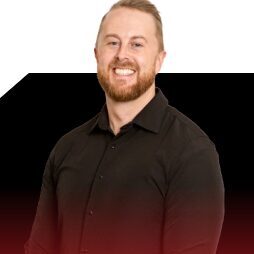Imagine a future where going to the doctor is no longer a time-consuming and expensive ordeal. You might not have to schedule an appointment or even leave your house. Instead, you could simply strap on a wearable device that monitors your health in real-time and sends information directly to your doctor.
This might sound like science fiction, but it’s not. Medical devices are becoming more and more sophisticated every day, and they have the potential to revolutionize healthcare as we know it. Here’s a look at how medical devices are changing healthcare for the better.
Reduced Wait Times
One of the most significant advantages of medical devices is that they can help reduce wait times. When patients are able to monitor their own health at home, they’re less likely to need to see a doctor for every little thing. This frees up doctors’ time to see patients who really need their attention. Medical devices can also help patients manage chronic conditions more effectively. By giving them real-time data about their condition, devices can empower patients to make better decisions about their care. And by keeping remote tabs on their health, devices can help avoid potentially dangerous emergency room visits. In short, medical devices have the potential to transform healthcare for the better—and that’s something everyone can benefit from.
Increased Accessibility
Medical devices have revolutionized healthcare, making it more accessible and convenient than ever before. Remote monitoring technology, in particular, has made a big impact in recent years. With remote monitoring, patients can get the care they need without having to travel long distances or take time off from work. This is especially beneficial for people who live in rural areas or who have difficulty leaving the house. Thanks to medical devices, getting the care you need is easier than ever before.
Improved Diagnoses
Medical devices have the potential to greatly improve the quality of care that patients receive. In addition to providing more accurate information about a patient’s condition, they can also help to catch problems early and prevent them from becoming serious later on. For example, wearable devices that continuously monitor heart rate, blood pressure, and other vital signs can be used to catch problems early and prevent them from becoming serious later on. In addition, medical devices can also help to improve communication between doctors and patients. For example, by providing doctors with more accurate information about their patient’s conditions, they can make better-informed decisions about treatment. As a result, medical devices have the potential to greatly improve the quality of care that patients receive.
Lower Costs
According to a report from the Congressional Budget Office, healthcare spending in the United States is expected to grow by an average of 5.5 percent per year between 2018 and 2028. This growth is largely driven by an aging population and rising costs for medical services and drugs. However, there is some evidence that medical devices can help to slow the growth of healthcare costs. For example, patients who are able to manage their own health at home with devices such as blood pressure monitors or glucose meters are less likely to need expensive procedures or hospitalizations down the road. In addition, medical devices can help diagnose problems earlier when they are easier (and cheaper) to treat. As healthcare costs continue to rise, the use of medical devices is likely to become increasingly important.
Medical devices are changing healthcare in a number of ways. They are reducing wait times, Increasing accessibility, Improving diagnostics, and having lower costs. As medical devices continue to become more sophisticated, we can expect even more changes in healthcare in the years to come.

